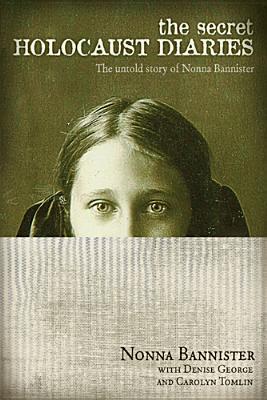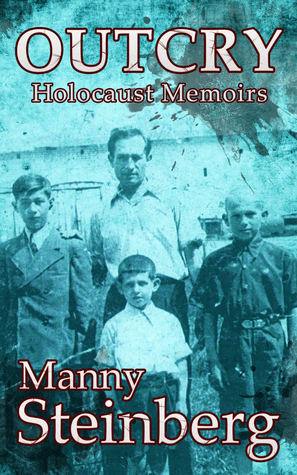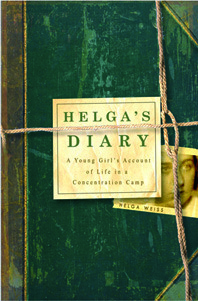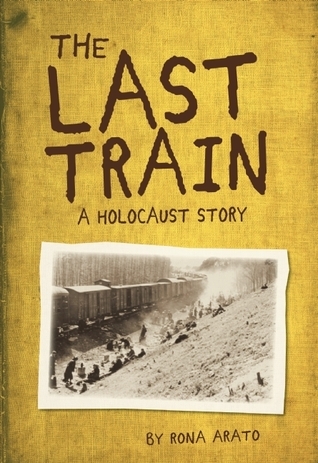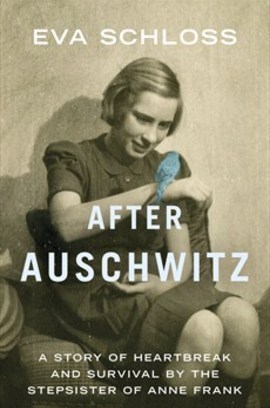
After Auschwitz
Book Description
Survivor. Witness. Voice of resilience. After Auschwitz thrusts readers into the harrowing journey of Eva Schloss, a young girl whose laughter was silenced by the horrors of the Holocaust but never extinguished. As she navigates the ruins of a shattered world, her unyielding spirit collides with the dark remnants of hatred and despair. With each page, the stark realities of loss and survival intertwine with hope and healing, revealing the extraordinary power of truth in the fight against injustice. What does it mean to rebuild a life when the past lingers like a ghost?
Quick Book Summary
"After Auschwitz" is Eva Schloss’s poignant memoir of survival, healing, and resilience in the wake of unimaginable tragedy. A Holocaust survivor, Eva recounts her early life, the trauma of Auschwitz, and the enduring pain of loss after the war. Through honest reflection, she explores the relentless struggle to rebuild her life amidst grief and the haunting shadows of the past. Schloss’s story is not just about surviving physical deprivation and loss, but about summoning the courage to reclaim humanity in a world indelibly scarred by hate. Both a personal narrative and a universal call to remembrance and justice, Schloss’s memoir exemplifies the enduring strength of the human spirit.
Summary of Key Ideas
Table of Contents
Surviving and Bearing Witness
Eva Schloss’s journey begins with a joyful childhood torn apart by the rise of Nazism and the terror that enveloped Jewish communities. Her family’s attempts to hide and survive culminated in their eventual capture and deportation to Auschwitz. The everyday terror, deprivation, and loss suffered in the camp left indelible scars, but also instilled in Eva a desperate longing to endure, bear witness, and protect her last fragments of hope and identity.
The Lingering Impact of Trauma
The aftermath of liberation did not mark the end of suffering. Eva emerged from Auschwitz deeply scarred, grieving for lost loved ones and haunted by memories of atrocity. Struggling with survivor’s guilt, displacement, and the ever-present ghosts of the past, she faced the daunting task of relearning how to live in a world that felt both alien and indifferent. The pain of what was lost lingered, complicating every step toward normalcy.
Rebuilding After Catastrophe
Despite overwhelming sorrow, Schloss’s narrative demonstrates resilience in rebuilding her life. With tenacity and support, she pursued education and relationships, eventually forging new bonds including her connection to Anne Frank’s family. Through these experiences, Eva moved forward without forgetting, integrating loss into a reconstructed sense of self and purpose, determined to find meaning in survival and a way to contribute to the postwar world.
Resilience through Memory and Storytelling
Eva’s voice emerges strongest in her commitment to memory and storytelling. By sharing her experiences, she bears witness to those who cannot speak and educates future generations. Her testimony is an act of resistance against denial and hatred, expressing the vital role of memory in preventing history’s repetition and preserving the dignity of those victimized by injustice.
The Importance of Truth and Justice
Ultimately, Schloss’s memoir is a call for truth, justice, and human connection. She insists that the responsibility of survival is entwined with fighting prejudice and standing up for what is right. "After Auschwitz" is both deeply personal and profoundly universal: a testament to healing and hope, and a reminder of the power of unwavering moral commitment in the face of humanity’s darkest chapters.
Download This Summary
Get a free PDF of this summary instantly — no email required.
